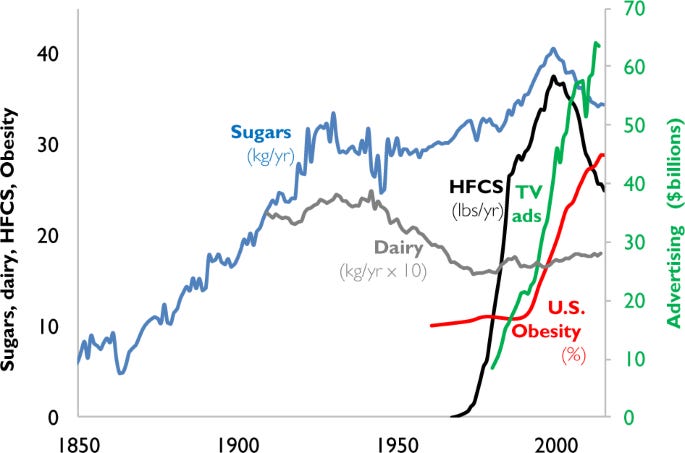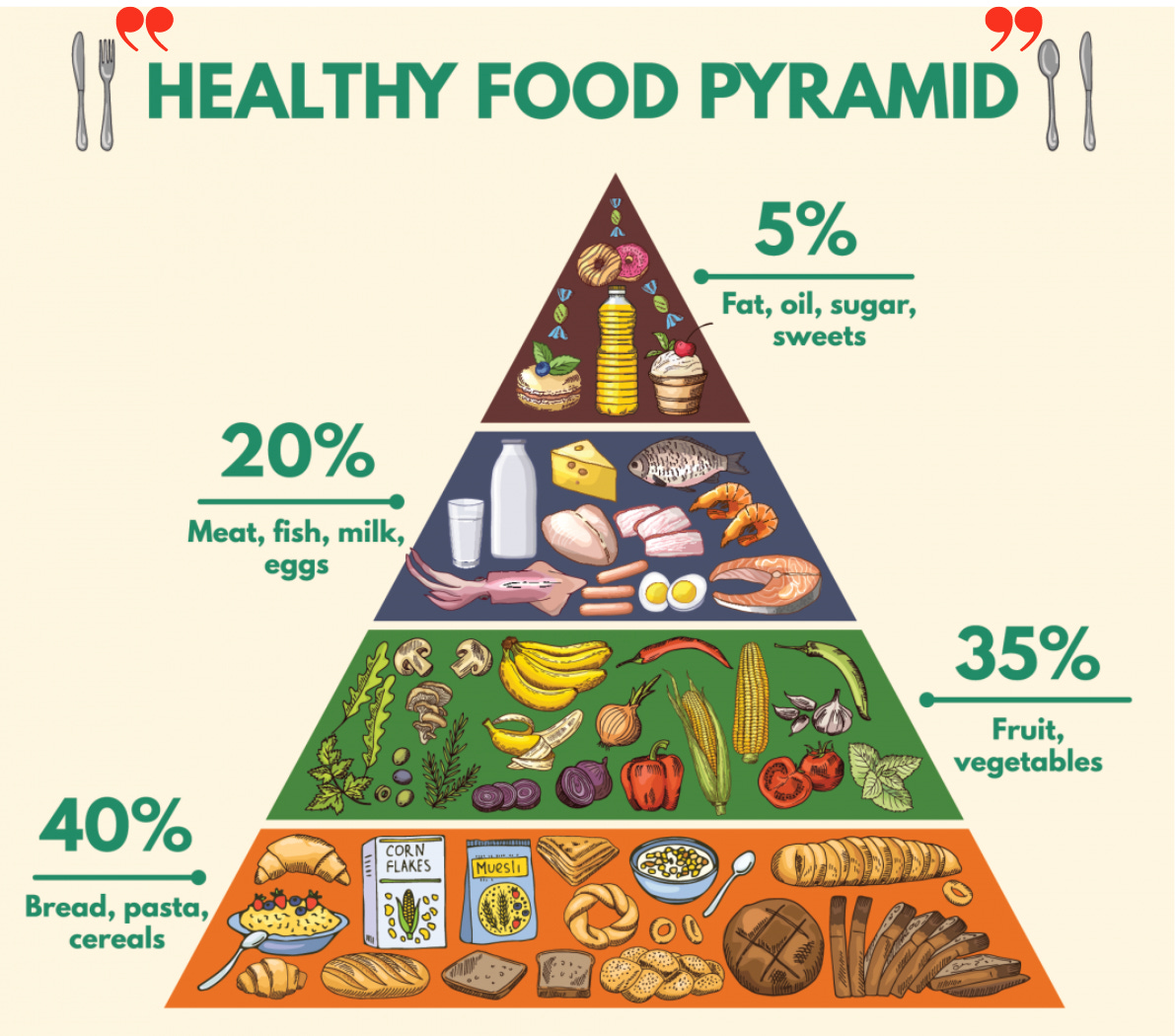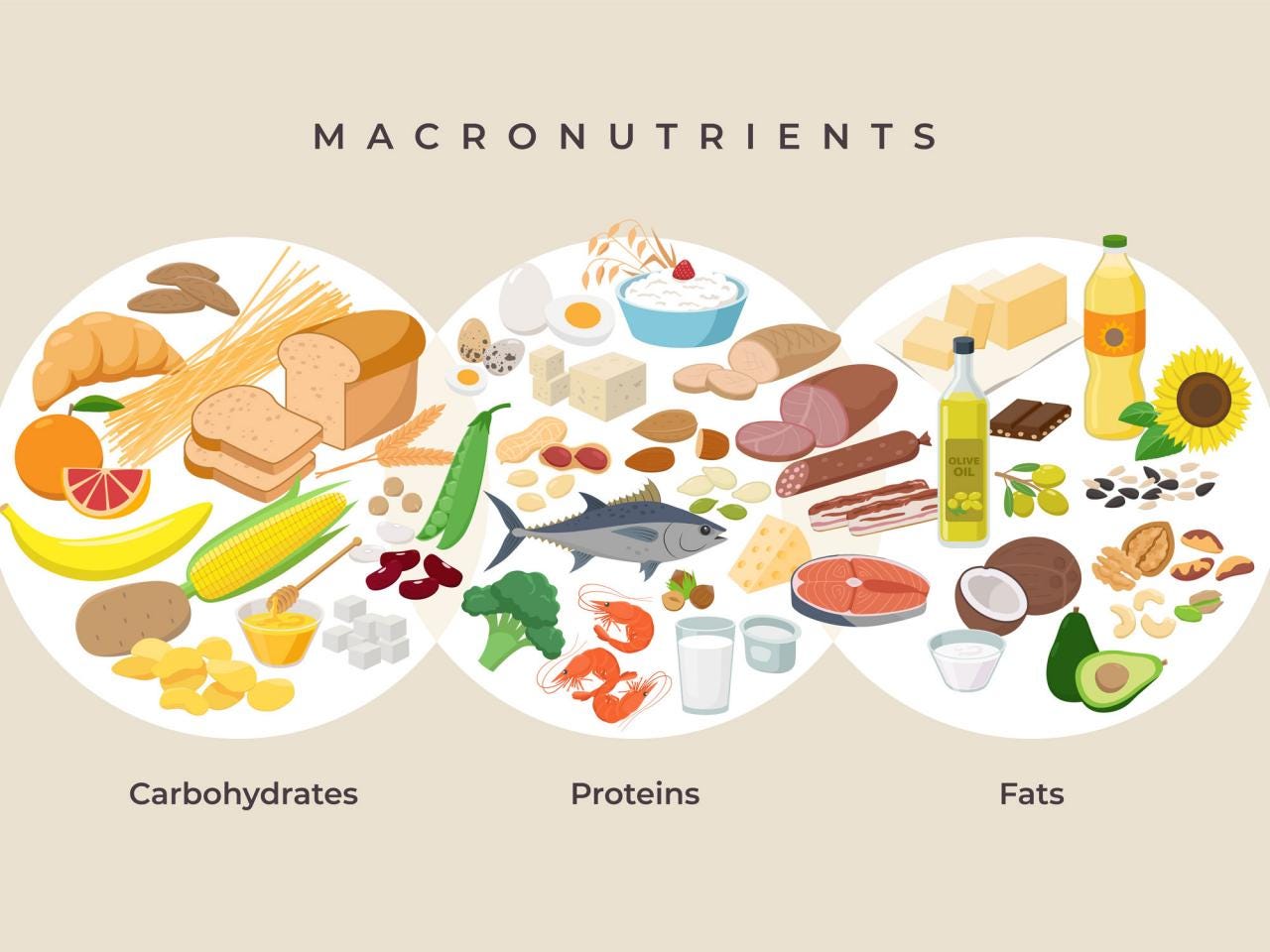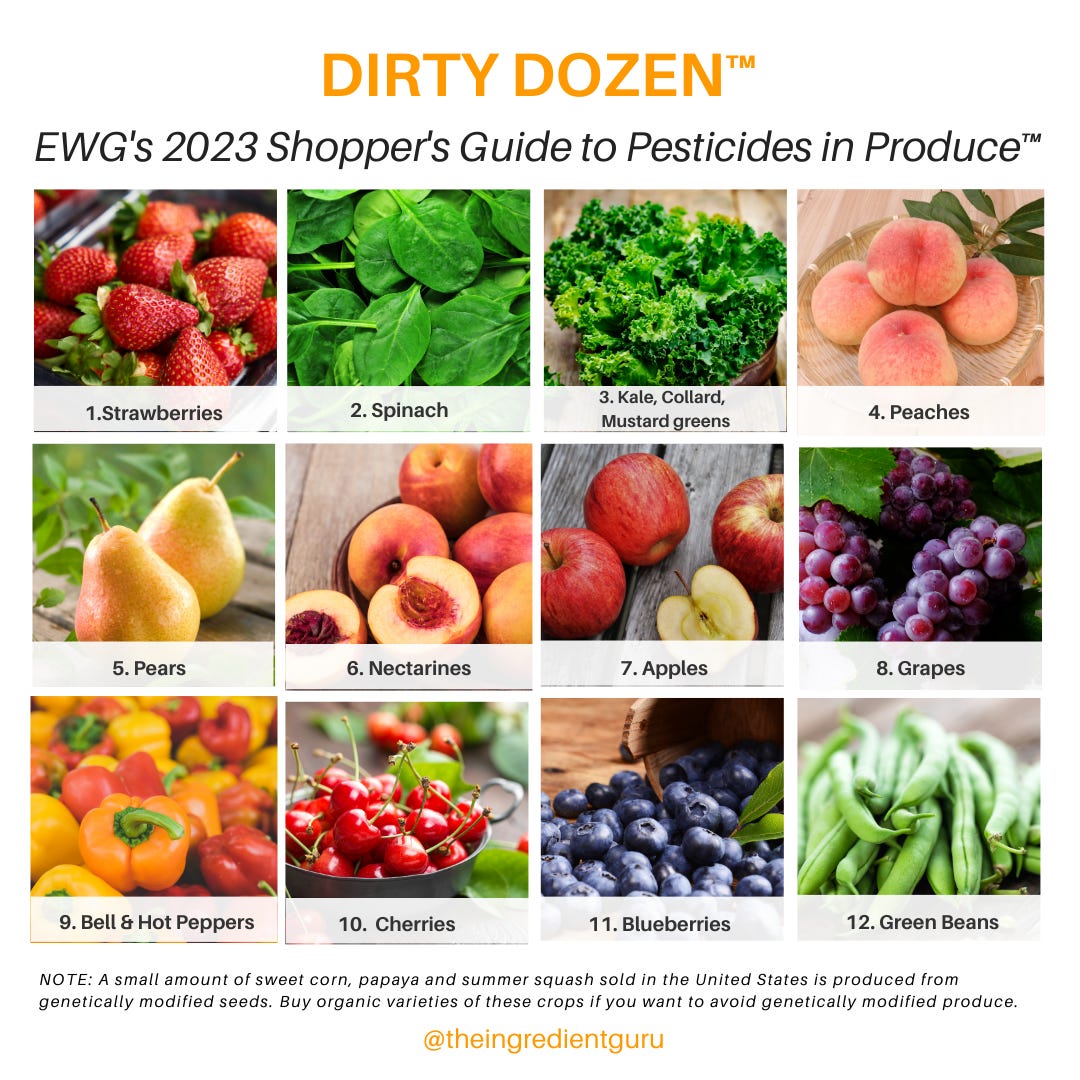-
 @ Holistic Hybrid 🌞
2025-01-08 16:54:42
@ Holistic Hybrid 🌞
2025-01-08 16:54:42Introduction
The food we consume plays an obvious yet undervalued role in not just sustaining us, but also in shaping who we become.
The phrase "You are what you eat" transcends cliché to embody a profound truth: our diet directly influences our life experience.
Debates continue about the optimal food sources for human health and longevity.
These discussions often involve emotionally charged arguments influenced by faith, traditions, economic interests, and political opinions concerning the global climate crisis and sustainability.
My goal isn’t to delve into the weeds of this emotional & political debate, but instead to strip things back and provide a birds eye view on nutrition, whilst offering alternative lenses through which we can view food.
 ## Understanding Food as Information
## Understanding Food as Information More than mere fuel, food serves as crucial information for our bodies.
This concept may sound strange, as much of our nutritional understanding has been dumbed down to ‘energy in, energy out’, or ‘calories in, calories out’.
This perspective bypasses the importance of micro nutrients—the vitamins & minerals our bodies interrelate with, or don’t.
Food information determines how our cells function and regenerate, impacting everything from energy levels to cognitive ability.
The challenge lies in deciphering what constitutes "good information."
For centuries, nature provided a simple guide.
Our ancestors thrived on a diet of organ meats, plants, seafood, fruit, muscle meats, bones, and eggs—foods naturally rich in nutrients and absent of modern chemicals.
The question remains: If our forebears thrived on these natural foods, why have we deviated so drastically?
 ## The Shift in Food Paradigms
## The Shift in Food Paradigms The introduction of heavily processed "Frankenfoods" laden with chemicals represents a stark departure from the diets of our grandparents and great-grandparents.
They consumed what we now coin "organic" food out of necessity rather than choice.
Food is pleasure, but it’s also a tool for a healthy self.
This ratio has been disproportionally thrown out of alignment.
The modern supermarket, with its aisles dominated by hyper palatable and processed products, reflects a concerning shift in our eating habits.
On the periphery of supermarkets lie fruits, vegetables, dairy, and animal based products, many of which have been sprayed with chemicals like glyphosate, or raised under inhumane conditions.
This brings us to the troubling paradox: while some parts of the world suffer from over-consumption and associated health issues like obesity and metabolic diseases, others face malnutrition and starvation due to food scarcity. (See red line below)
 *HFCS: High fructose corn syrup
*HFCS: High fructose corn syrupQuestioning Current Food Paradigms
Our current food systems are broken.
A hard truth and pill to swallow, but if you look around, people have never been this unwell and overweight.
Misleading ‘Health Star Ratings’ and a flawed food pyramid, reflect a deeper societal malaise.
These systems often promote products that are not conducive to health, with processed carbohydrate forms serving as our staple, while nutrient and caloric dense foods like meat, fish, dairy, and natural fats have been marginalised.
 ## Whole Foods and Balanced Nutrients
## Whole Foods and Balanced Nutrients So, what’s the ideal diet?
There is no universal diet that fits everybody.
The journey to finding the right diet involves personal experimentation.
However, a diet emphasising whole foods, which humans have consumed for millennia, remains a sound choice.
Eating natural foods avoids the pitfalls of ultra-processed foods and provides a balanced array of nutrients.
Side note: historically, meat was always the prized resource.
 ## Beyond Pesticides
## Beyond Pesticides Every year, the Environmental Working Group (EWG) puts together a list of 15 foods with the lowest amounts of pesticide residues, and conversely, 12 of the most contaminated foods with pesticides.
This is known as the ‘Clean Fifteen’ and ‘Dirty Dozen’.
When financially feasible, it’s advised to consume organic and pasture raised products.
If buying organic isn’t possible, one strategy to reduce pesticides is to soak the produce in water and a teaspoon of baking soda or a splash of apple cider vinegar for a few minutes.
 ## Nutritional Strategies for Specific Needs
## Nutritional Strategies for Specific Needs Strategies like the elimination diet can help individuals identify how specific foods affect their bodies, allowing them to make informed choices that resonate with their unique physiological needs.
Tracking macronutrients and particularly protein intake can be crucial for specific health goals like muscle growth or weight loss.
Gaining a baseline understanding of the macros in your food can be an important piece of the puzzle, but should not become an obsessive practice.
Many diets serve a purpose, and depending on your goals as well as physiology, can be leveraged for great benefit.
This broad concept has been developed into a growing area of research called Nutrigenomics, defined as the study of how different foods may interact with specific genes to modify the risk of common chronic diseases, such as heart disease, stroke, and certain cancers.
For example, a ketogenic diet can help those with neurological disorders such as epilepsy or Alzheimer's disease, intermittent fasting can facilitate weight loss, and a carnivore diet can heal chronic skin or gut issues.
 ## Conclusion
## ConclusionIn an era where diet-related health issues are rampant, returning to a more natural, informed way of eating is not just beneficial; it is necessary.
The prevalence of heavily processed "Frankenfoods" deviates from the nutrient-rich diets of our ancestors, contributing to a paradox of overconsumption and malnutrition.
Challenging current food paradigms is necessary to address misleading nutritional guidelines and flawed food systems.
Empower yourself to explore food in a deeper fashion, seeking a diet that not only nourishes your body but also aligns with your lifestyle goals and fosters a sense of vitality and well-being.
Eating well is a form of a self respect, and while we get the chance to inhabit this physical form, it should be our duty to make the most of this life and embody our fullest potential.